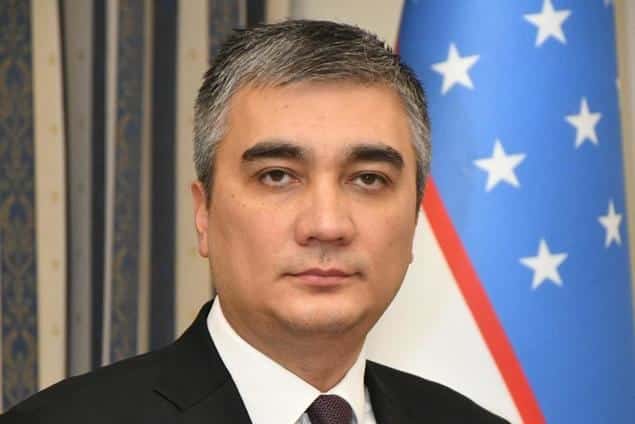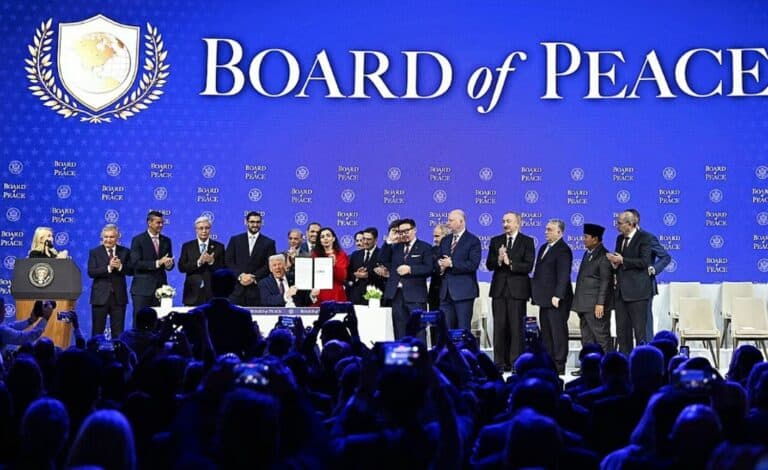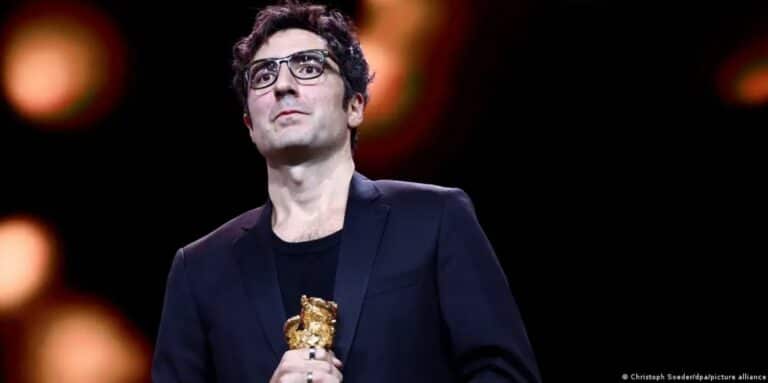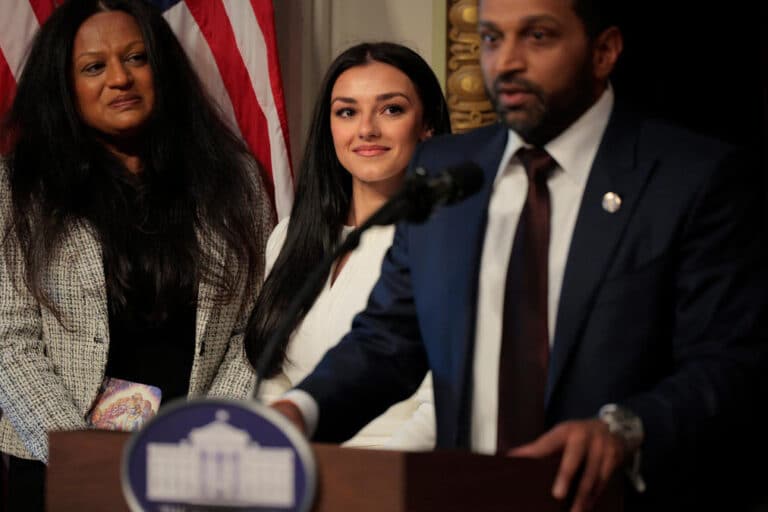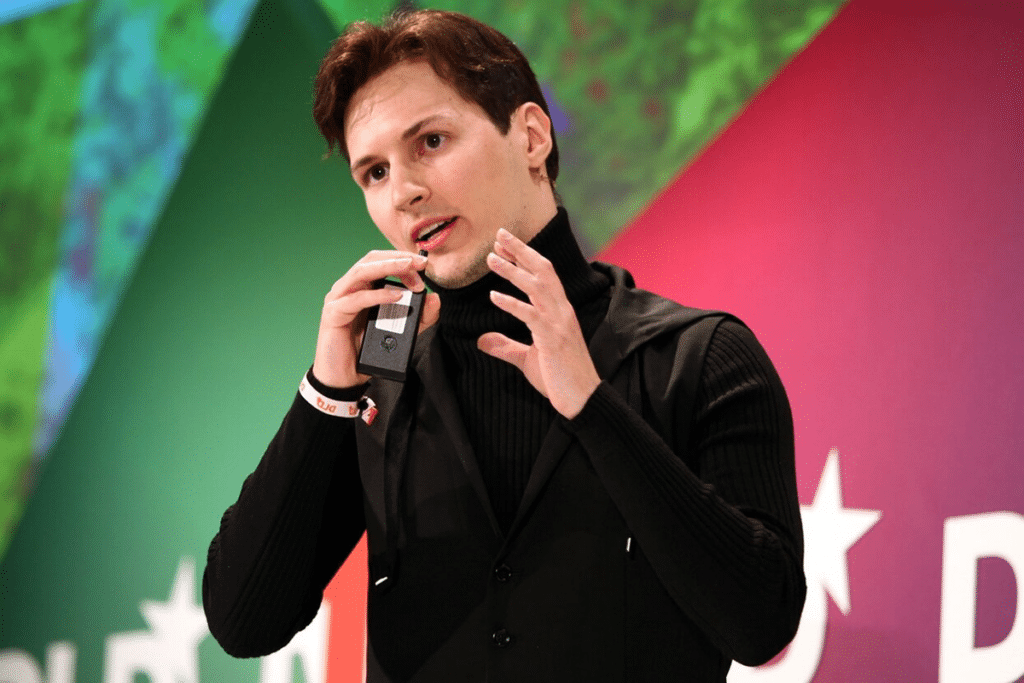
Pavel Durov, the billionaire founder of Telegram, says his personal wealth comes mainly from Bitcoin, not from the messaging app.
In an interview with podcaster Lex Fridman, Durov said he bought thousands of Bitcoin in 2013 when the price was around $700. He invested «a couple of million» and held on even when the price later crashed to below $200.
«I believe in this thing. Nobody can confiscate your Bitcoin, nobody can censor you,» Durov said. He added that the investment has allowed him to «stay afloat» and pay for his lifestyle, including private flights and luxury rentals. «Some people think I extract money from Telegram, but it’s a money-losing operation for me personally,» he said.
Durov predicted Bitcoin could one day reach $1 mln, pointing to unlimited money printing by governments.
Work on TON Blockchain
Durov also spoke about Telegram’s work on the Telegram Open Network (TON), which was developed in 2018–2019. Telegram later stepped away due to U.S. regulatory pressure, but the project, now called The Open Network, is active in the Telegram ecosystem and has become one of the largest platforms for NFT trading.
Poisoning Claim
In the same interview, Durov claimed he was poisoned in 2018. He described collapsing, losing his vision and hearing, and being unable to walk for two weeks. He said he stayed silent at the time to avoid alarming investors.
The claim has sparked skepticism. Journalists and analysts in Russia questioned why he did not go to the hospital or report the incident. Opposition figures, however, have urged Durov to allow an independent investigation.
Dispute with France
Durov is currently under judicial supervision in France, where he faces allegations of enabling crime on Telegram. He denies the charges. Last week, he accused French intelligence of asking him to censor Moldovan Telegram channels in exchange for help with his legal case. France has denied the claim.
Telegram, which Durov founded after leaving Russia in 2014, now has more than 1 billion monthly users worldwide.






